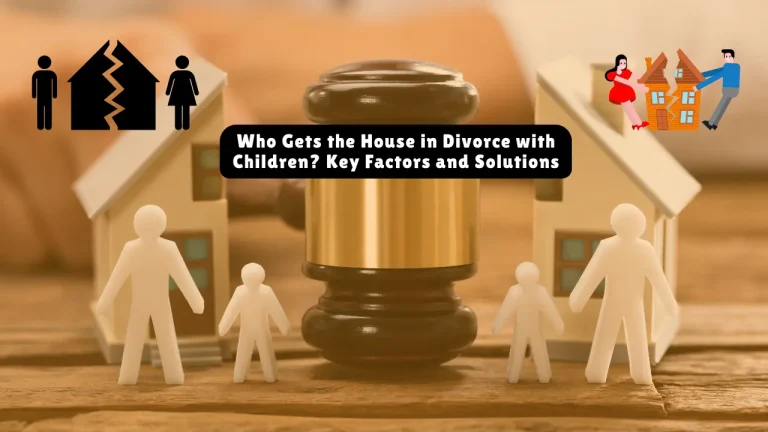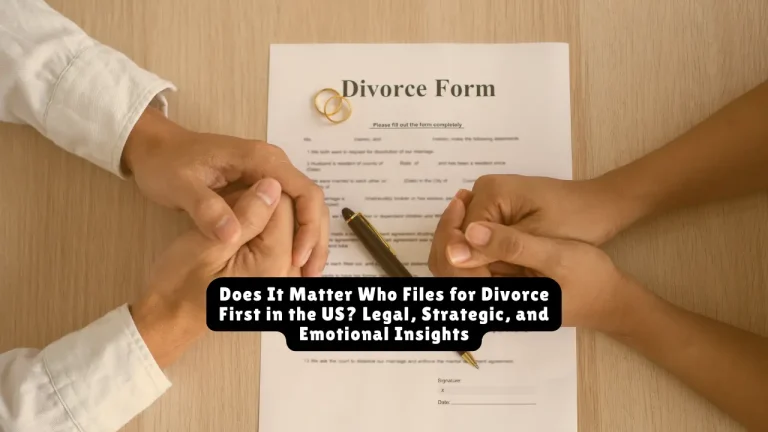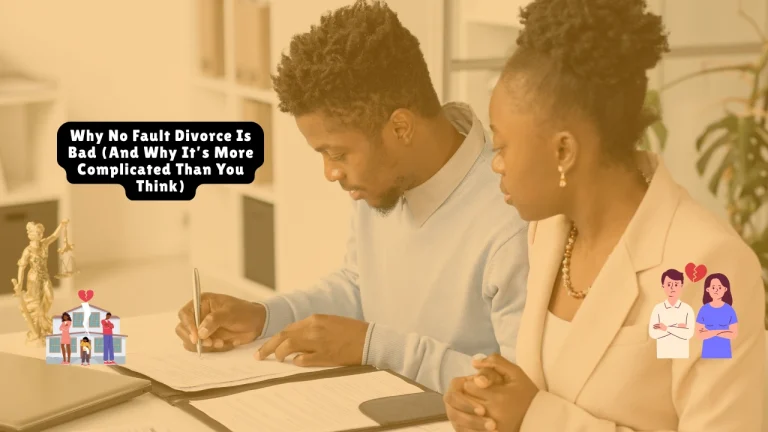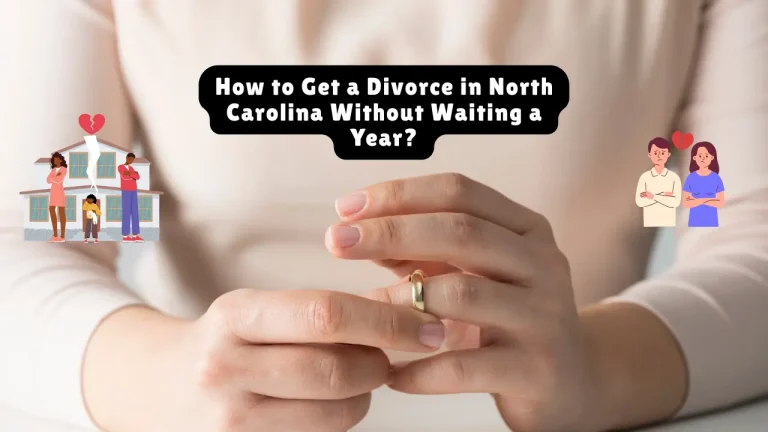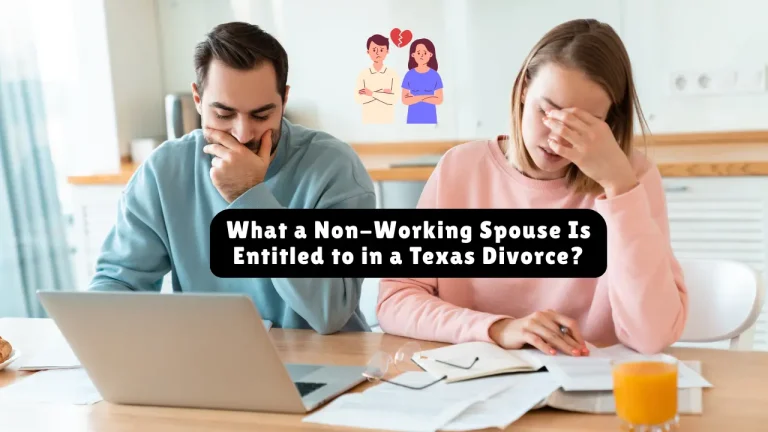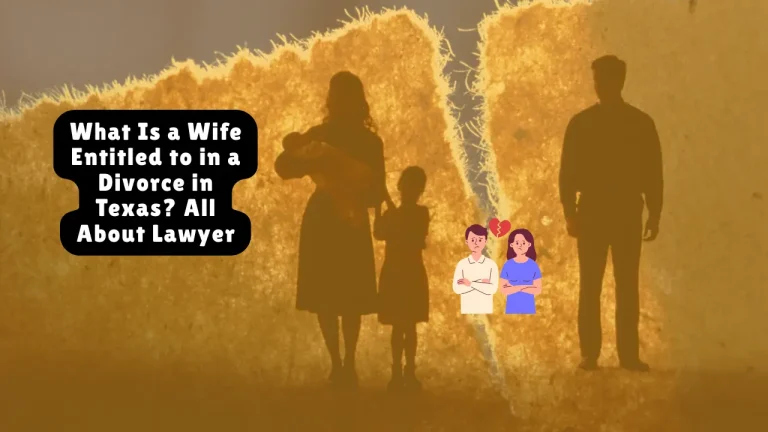Who Gets the House in Divorce with Children? Key Factors and Solutions
Divorce is often complicated by the question of who gets to keep the family home, especially when children are involved. The family home is more than just a piece of real estate—it represents stability, routine, and emotional security for the children. In this combined guide, we explore the crucial factors that determine who gets the…

